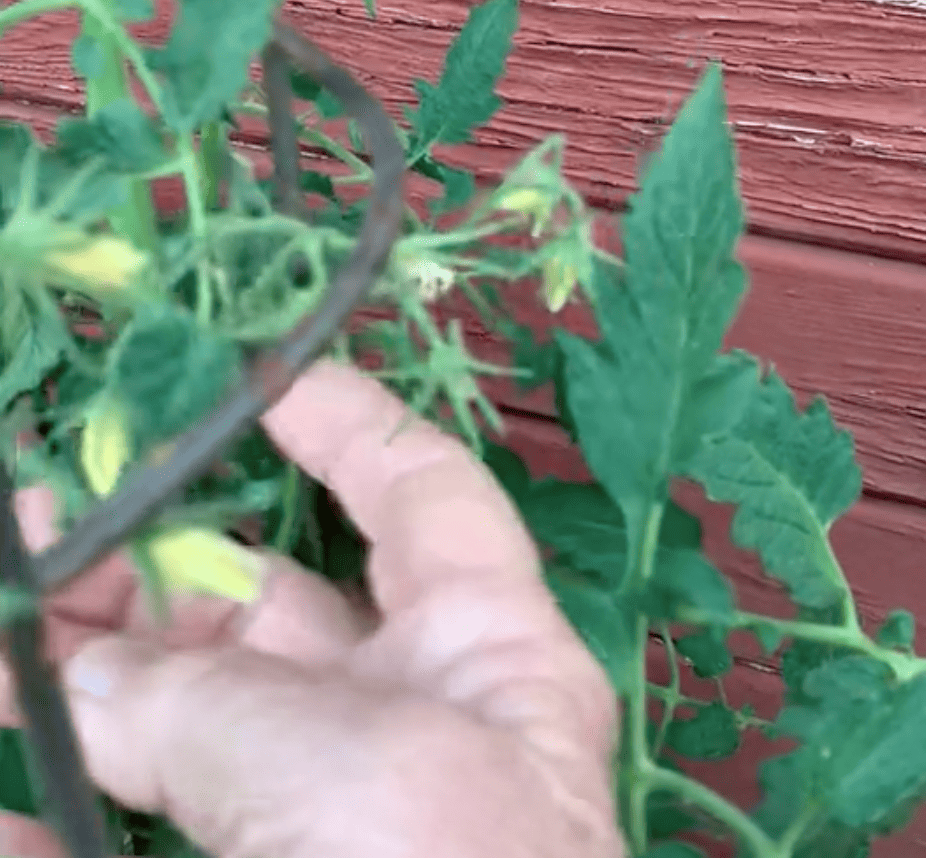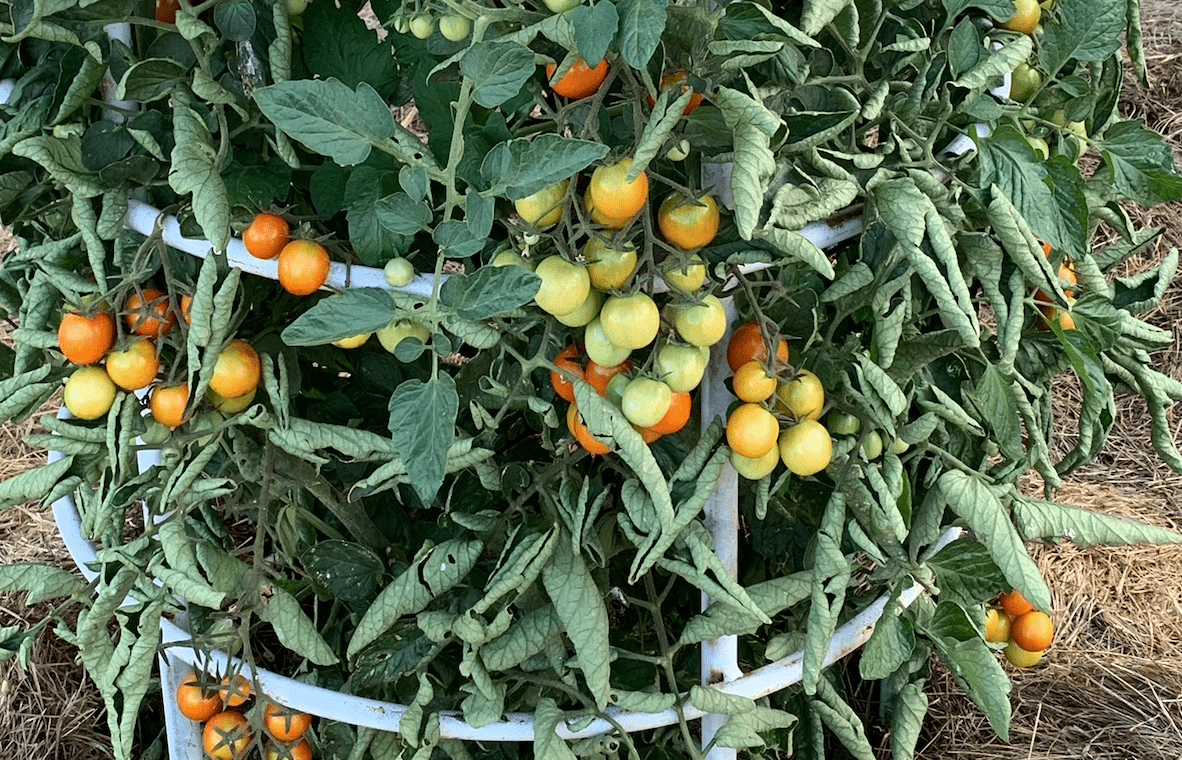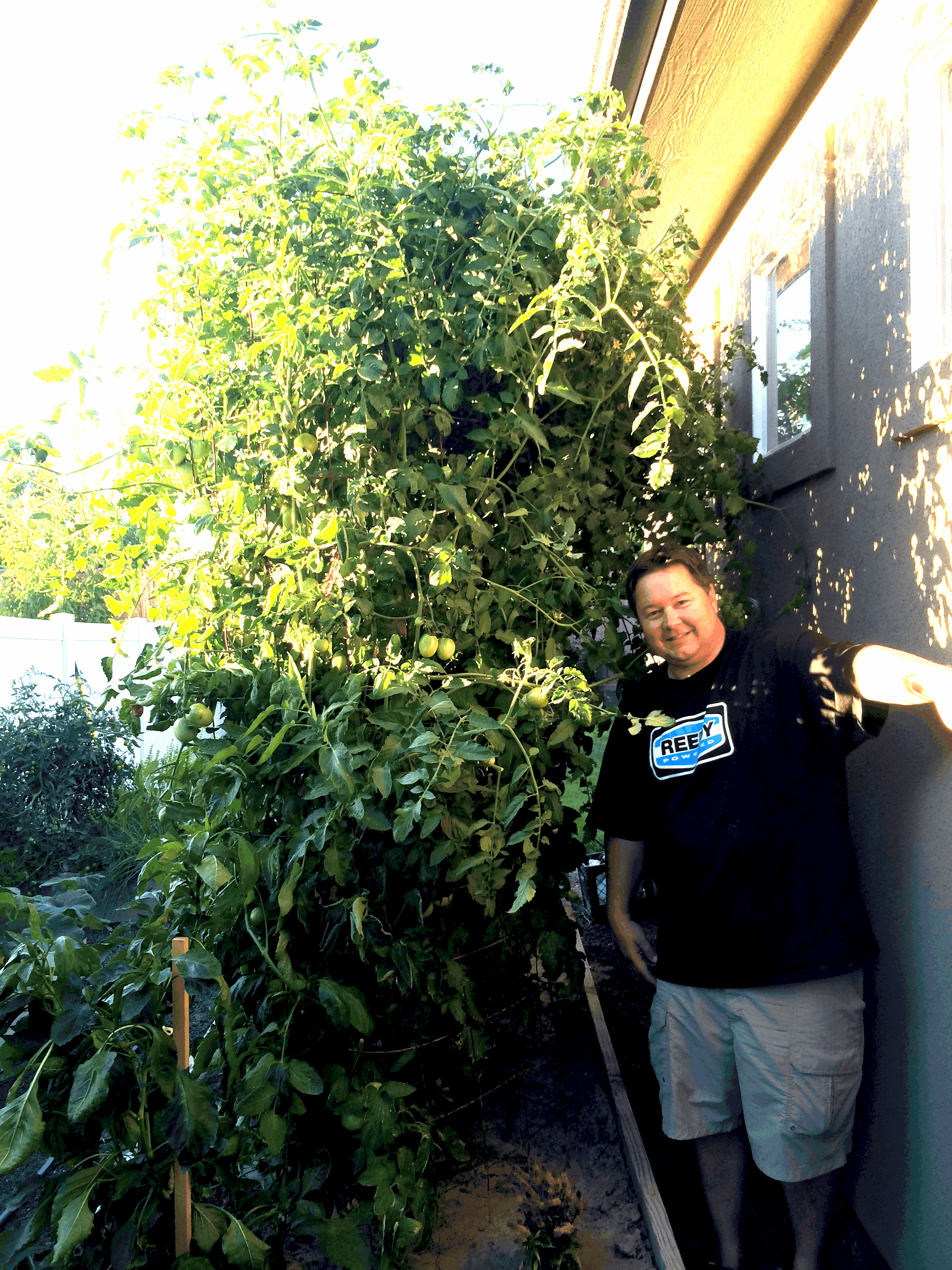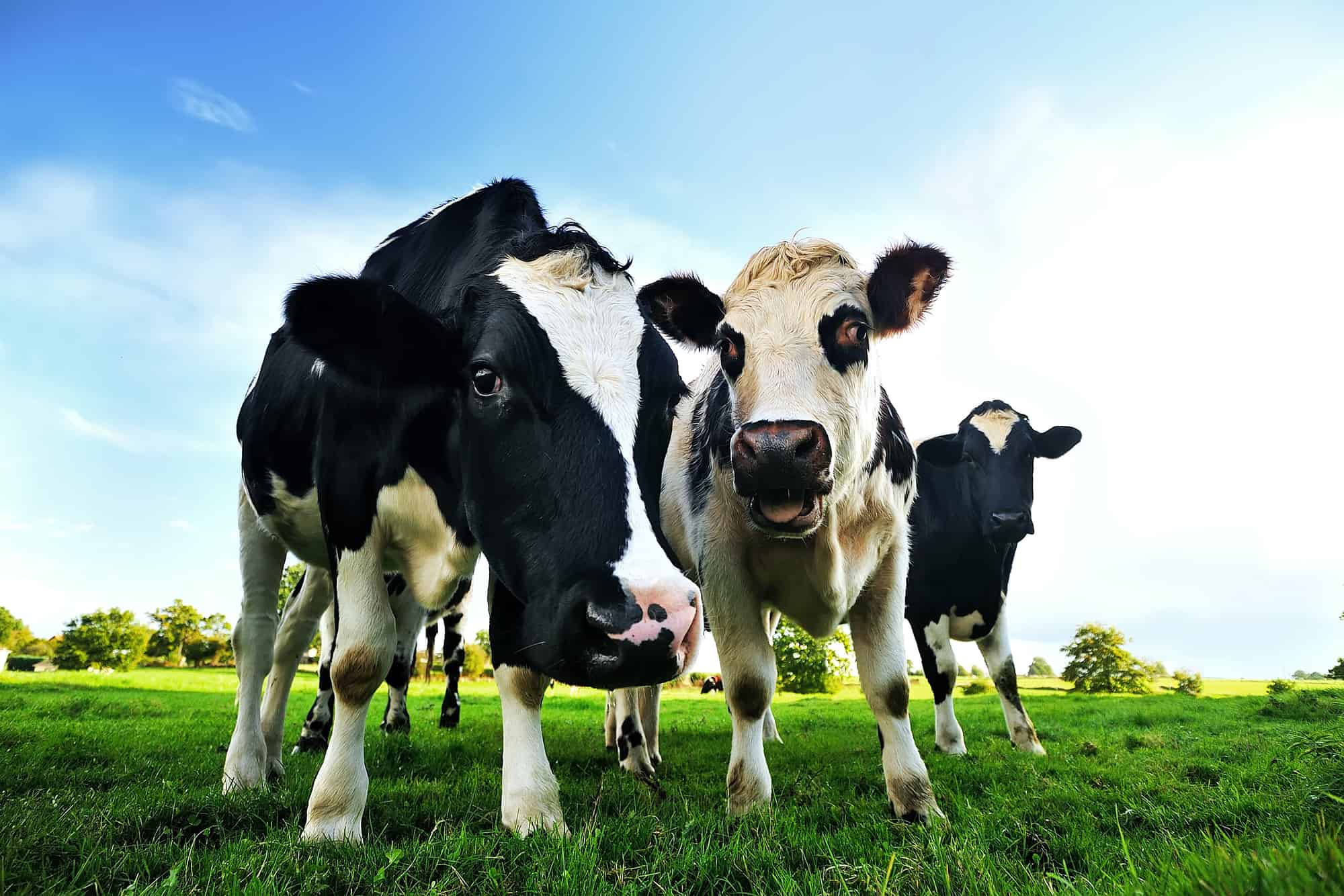Manure is a common natural fertilizer used in gardens. The manure from different animals has different qualities and nutrient content. Cow manure is one of the most readily available forms of manure, so it has become a popular choice. We’ll take a look at the advantages and disadvantages of using cow manure for your tomato plants.
Advantages of Cow Manure
Cow manure contains many plant nutrients including: nitrates, phosphates, magnesium, potassium, and other trace elements. Since cows have 4 stomachs to digest food, cow manure also tends to have very few weed seeds in it, as compared to horses or other animals that don’t digest as well. This can be a big deal if you are worried about adding too many weeds to your garden. Cow manure is also easily bought in bulk, so if you have a large garden, it might be the most affordable.
Disadvantages of Cow Manure
While cow manure has a good balance of nutrients, it isn’t particularly high in any of them. For example, when it comes to nitrogen, which is an important macronutrient for plants, cow manure has one of the lowest percentages of any manure. Other manures will give you a bigger bang for your buck like rabbit poop that has high amounts of both nitrogen and phosphorus. Cow manure is also considered a hot manure, meaning that it needs to be aged or composted before it can be applied to plants. If it is added directly, it can burn your plants. This will take extra time to ensure that it is safe to use on your tomatoes.
How to Use Cow Manure for Tomatoes
As mentioned above, most manures need to be well rotted or composted before use. Composting or letting the cow manure sit for at least 6 months will help kill any remaining weed seeds, break down the urea nitrogen that burns plants, and reduce the risk of disease. Once you are ready to use it, apply 2-3 inches of compost to the top of the soil and mix it in well. Do this 2-4 weeks before planting. If you are using well-composted manure, you can also side dress the plants every month or two to help replenish nutrients in the soil. You can also apply it after harvest in preparation for the next growing season. When choosing a source for your manure, you might want to avoid dairy farms because the cattle are given a lot of salt, which can cause sodium build up in your soil.
Using natural fertilizers not only helps feed your plants, but it also feeds the important microorganisms, helps prevent soil compaction, and increases moisture retention. The best tomato fertilizer on the market today is Tomato Secret. With a superior blend of natural ingredients, Tomato Secret will help you grow bigger, healthier, more delicious tomatoes. Try some in your garden this year.



